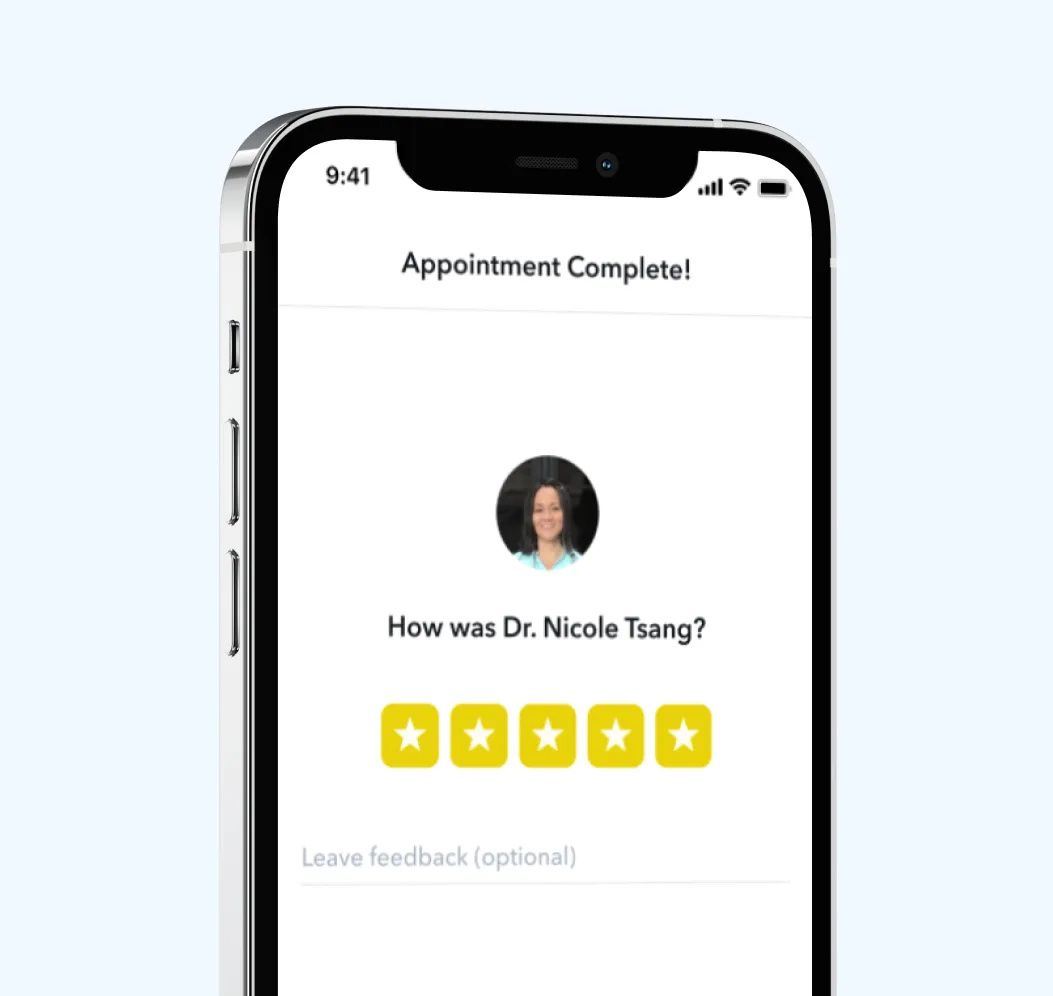All posts
Can Allergies Cause Swollen Lymph Nodes?

Circle Medical Staff
Oct 28, 2023
9 min

Allergies can cause various symptoms, including swelling of lymph nodes. While swollen lymph nodes caused by allergies can sometimes be alarming, there are treatments available and we recommend being evaluated by a healthcare professional. Of course, if you have an allergic reaction that causes you to have breathing issues or serious swelling, you should always seek emergency medical attention immediately.
With that in mind, let’s take a bit of a deeper dive into the link between allergies and swollen lymph nodes. In this blog, we’ll discuss the causes of allergies, symptoms, and treatments that may help with both your allergies and swollen lymph nodes. Read on to learn more.
Understanding Allergy Symptoms
Seasonal, or environmental, allergy symptoms can vary from person to person, but there are quite a few common symptoms that you can expect to experience if you have allergies. These symptoms may include the following:
- Sneezing
- Itchy, watery eyes
- Runny or stuffy nose
- Itchy nose
- Rashes
- Hives
- Sore throat
- Coughing or wheezing
Remember, not everyone experiences the same symptoms from allergies, and these symptoms can range in severity. Still, it’s good to understand the different symptoms you may experience and learn your potential triggers so you can avoid your allergens and mitigate your symptoms.
What Are the Causes?
There are quite a few triggers for allergies, with pollen, pet dander, dust mites, and mold being a common cause. Some of the most common allergens that affect allergy sufferers include:
- Grass, tree and weed pollen
- Pet dander
- Dust mites
- Mold
- Food allergies
- Drug allergies
- Latex allergies
- Insect stings or bites
When you come into contact with your allergy triggers, your immune system mistakes them as a threat and triggers an immune response, releasing chemicals like histamine to fight the perceived threat. The symptoms you experience are this immune response and your body trying to get rid of the allergen.
What Are Lymph Nodes?
Lymph nodes are small lumps of tissue that are part of your body’s immune system function, containing immune cells. They are found throughout the body and are used to filter lymph fluid, which is essentially waste created by your body’s tissues. Lymph nodes are essential for keeping your body healthy.
Why Do Lymph Nodes Get Swollen and Inflamed?
Sometimes, lymph nodes may get swollen and inflamed. As part of your body’s immune system, this swelling and inflammation can occur when your body is trying to fight off an infection or other perceived threat, including harmful substances. In the case of allergies or sinus infections, your immune system is mistaking these allergens or pathogens as a threat, which can lead to the lymph nodes swelling.
Your lymph node’s immune response is actively attempting to eliminate the allergens from your body. When your lymph nodes are swelling, it’s typically to fight a bacterial or viral infection, so it’s a sign that your immune system is functioning as it should. You should notice that your lymph nodes return to normal as your allergy symptoms subside. If they do not, seeking medical advice is crucial. You should also make sure to speak to your doctor if the lymph node swelling happens suddenly, if the swelling is painful, or if it doesn’t subside on its own.
Common Allergens Associated with Lymph Node Swelling
Allergens are anything that can trigger an allergic reaction in an individual, and lymph node swelling can often occur as part of your body’s immune response to an allergen, often noticeable in areas such as the neck, groin, and armpits. This means that technically any allergen can cause your lymph nodes to swell. The aforementioned allergens like pollen, pet dander, dust mites, mold, and certain foods can be likely culprits if you’re experiencing allergy symptoms.
Your body may react differently to allergens than other individuals. So, an allergen that causes lymph node swelling for you may not do the same to another person with the same allergy.
When to Seek Medical Attention
Whether you’re dealing with allergies, swollen lymph nodes, or both, it’s important to know when to seek medical attention. While both conditions are typically not serious, there are times when medical intervention may become necessary. Persistent ear infections or symptoms that do not improve with standard treatments are signs to seek medical help.
For allergies, you should seek emergency medical attention if your symptoms are severe. Symptoms like difficulty breathing, severe swelling, and intense pain are all signs to seek medical help right away.
Swollen lymph nodes will typically subside on their own, but you should seek medical attention if the swelling is persistent. You should also seek medical attention if the swelling is abnormally large, if the lymph nodes are painful, or if you’re experiencing other symptoms such as difficulty breathing alongside swelling.
Diagnosis and Treatment Options
For allergies and swollen lymph nodes, various diagnostic tests and treatment options may be recommended.
To diagnose allergies, your Allergy Specialist will typically conduct a physical examination and go over your medical history before ordering an allergy test. An allergy test, such as a skin prick test or blood test, is used to identify the specific allergens that cause your symptoms.
For allergy treatment, your healthcare provider will likely recommend that you reduce your exposure to your allergen as much as possible. This may also require some lifestyle changes, like vacuuming more often to remove allergens, using a HEPA filter, avoiding outdoor time during peak pollen hours, and more. There are also over-the-counter allergy medications, such as antihistamines, to help with symptom relief. For long-term relief, allergy shots or allergy drops are sometimes an option.
For swollen lymph nodes, your doctor won’t typically conduct additional tests unless there is cause for medical concern. To diagnose potential lymph node issues, tests like blood work to check white blood cell counts, imaging scans, or biopsies may be needed to rule out any underlying conditions.
Natural Remedies
Your healthcare provider may also suggest some natural remedies to help with your allergy symptoms during allergy season. Here are some natural remedies they may suggest:
- Nasal rinses — Nasal rinses with saline solution may help to flush out allergens from the sinuses and reduce congestion.
- A healthy diet — A healthy and balanced diet can help support a healthy immune system.
- Avoidance — Of course, the best action for allergens is avoidance, if possible. Reduce your exposure to reduce your symptoms.
It’s important to remember that natural remedies may not work for everyone, so it’s best to consult with a healthcare professional to find the appropriate treatment before starting any new remedies.
Connect with a doctor or online provider
If you’re looking to speak with a primary care provider about your allergies, your swollen lymph nodes, or any other condition you may be concerned about, Circle Medical is here to help. Circle Medical is a full-stack primary care clinic that provides both in-person care and online care for your convenience. Connect with one of our providers today to get started on your journey to better health.
Circle Medical Providers must meet all of the following standards:
-
Exceptionally qualified in their field
-
Board-certified
-
Deeply empathetic for patients
-
Follows evidence-based care guidelines
-
Embracing of diverse patient backgrounds
-
Impeccable record of previous care
400+ Primary Care Providers.
100% Confidence.
No matter which Provider you choose, you will be seen by a clinician who cares deeply about your health and wants to help you live your happiest, healthiest life.
Circle Medical Providers are held to an exceptionally high standard of compassionate, evidence-based care.
Book Appointment

